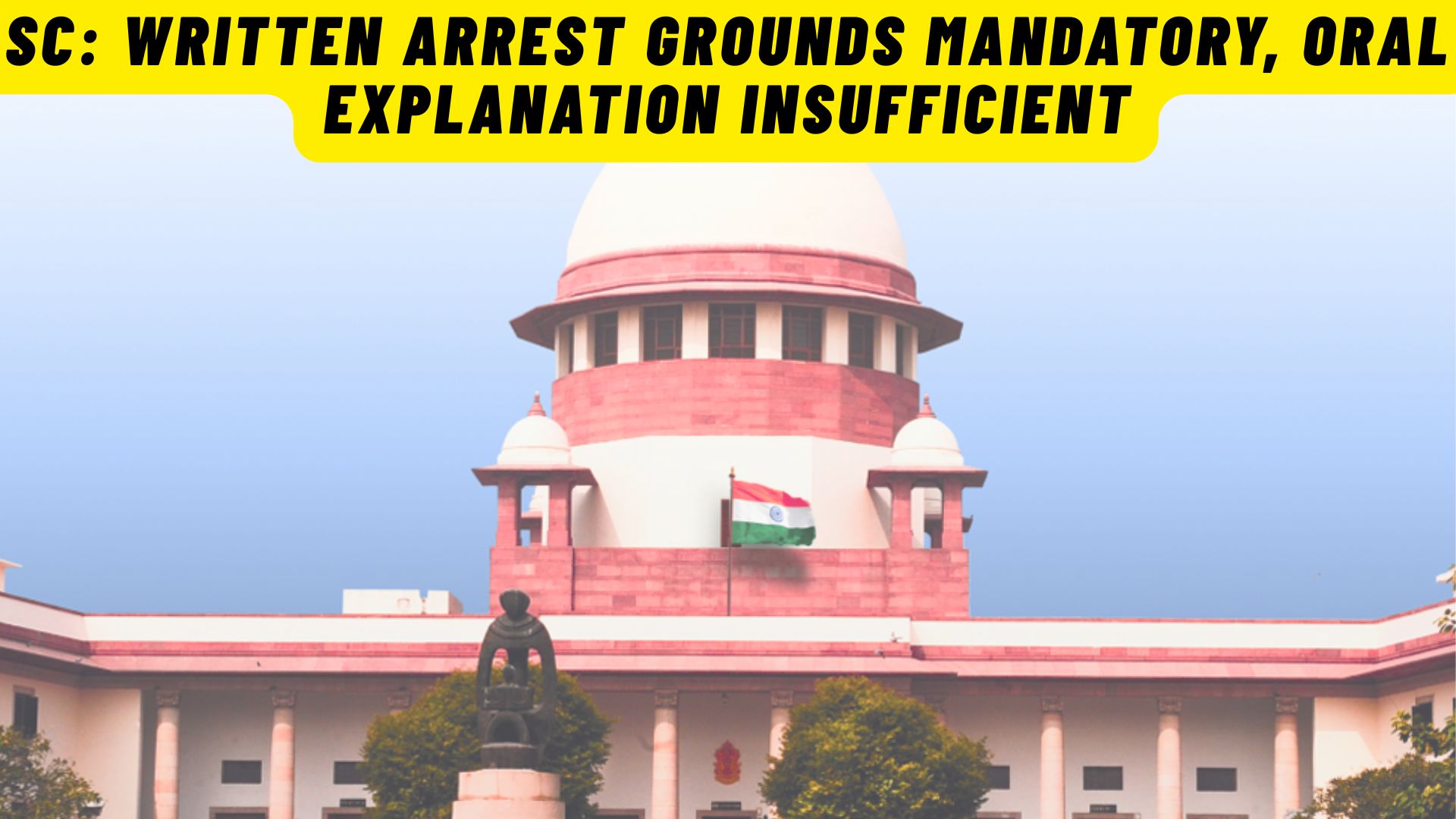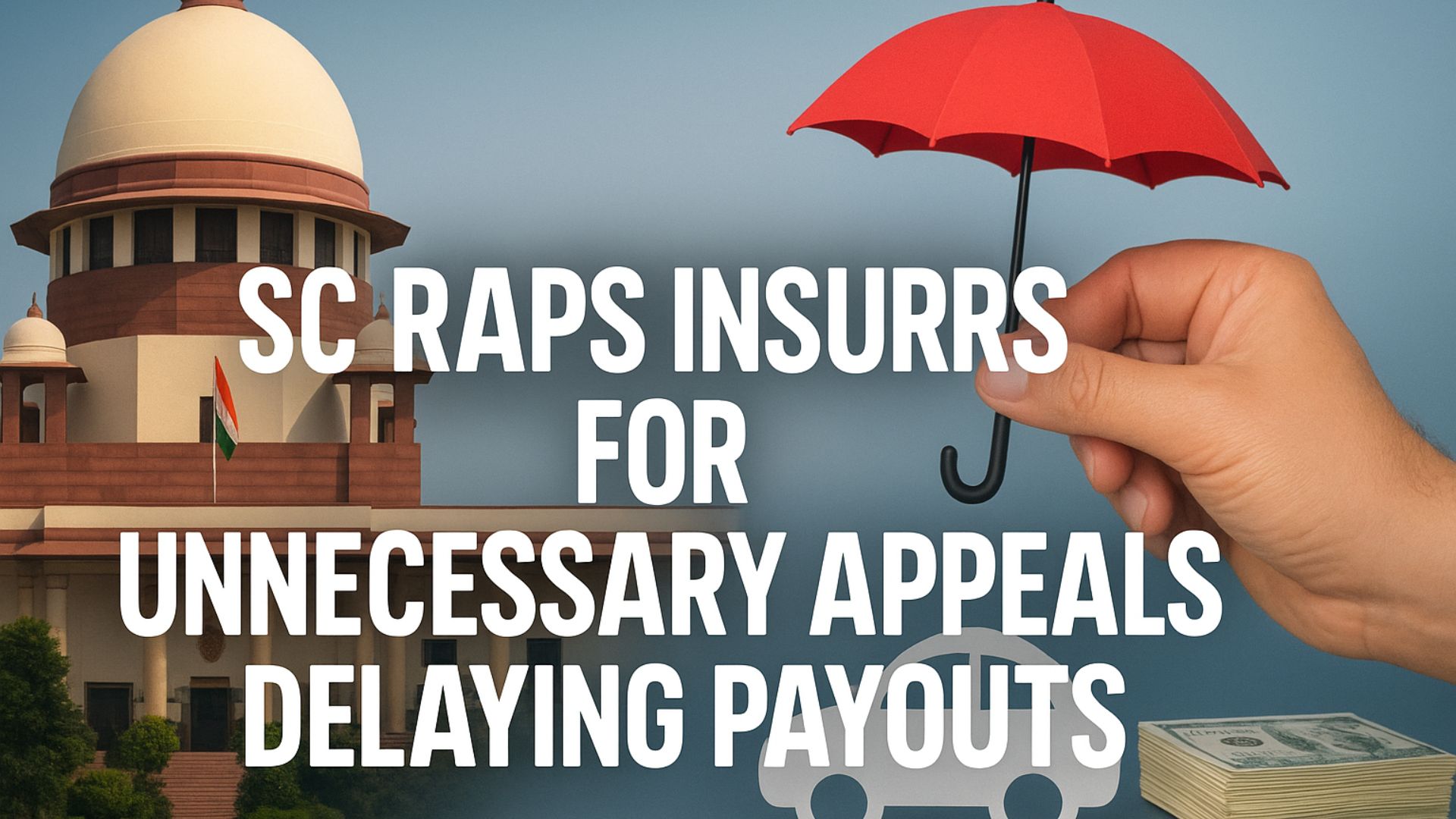@JUDGMENTTAG-ORDER
S.S. Sodhi and Ashok Bhan, JJ.@mdashThe matter here concerns an order of resumption of a lease-hold site and forfeiture of a part of the
premium paid in respect thereof, under Sub-rule (3) of Rule 12 of the Chandigarh Lease Hold of Sites and Buildings Rules, 1973 (hereinafter
referred to as the Rules).
2. The controversy raised being whether the setting aside of an order for resumption by the appellate or revisional authority, merely as a measure
of concession and not because it is otherwise invalid, subject to the amount due, in respect of the site concerned, being paid by a specified date,
would render invalid the other part of such order, namely that pertaining to upholding of default of payment by the defaulter of the amount of
forfeiture too.
Rule 12(3)of the rules reads as under:-
12 Payment of premium and consequences of non-payment or late payment: -
(3) In case any instalment is not paid by the lessee by the due date, a notice shall be served on the lessee calling upon him to pay the instalment
within a month together with penalty which may extend upto 10 percent of the amount due. If the payment is not made within the said period of
such extended period as may be allowed by the Estate Officer, but not exceeding three months in all, from the date of which the instalment was
originally due, the Estate Officer may cancel the lease and forfeit the whole or part of the premium and rent already paid in respect of the lease.
A reading of this rule would show that in the event of non-payment of any instalment of the premium or rent of any lease hold site, the Estate
Officer is empowered to resume the site and also forfeit the whole or any part of the premium and rent already paid in respect of such lease.
3. In the present case at an auction held on March 12, 1988, the petitioner Ashok Kumar was the successful bidder for the residential site 3048 in
Sector 38 for a sum of Rs. 3,66,000/-. The allotment letter was issued to him on May 6, 1988. As per the terms of allotment, the first instalment of
the payment in respect of this site was due on March 12, 1989. As it was not paid, a notice was issued to the petitioner on May 1, 1989 to clear
the outstanding. This was followed by another notice being issued on February 13, 1990. It was on the failure of the petitioner to pay the amount
due that the Estate Officer by his order of June 12, 1990 (Annexure P-2), cancelled the lease of the petitioner, under Rule 12 (3) and also forfeited
10% of the premium alongwith ground rent and interest thereon. This order was challenged in appeal. Before, however, the Chief Administrator
took up the appeal for hearing, the matter came up before the Lok Adalat on July 6, 1991. By that time the amount due from the petitioner had
gone up to Rs. 4,07,707/-. The petitioner paid a sum of Rs. 80,000/- before the Lok Adalat on that day and undertook to pay the remaining
amount by September 30, 1991. It was in this context that when the appeal came up before the Chief Administrator on July 10, 1991, the matter
was disposed of by him, in the light of the undertaking given by the petitioner before the Lok Adalat, namely that he would pay the entire amount
due by September 30, 1991. The Chief Administrator by his order Annexure P-3 set aside the impugned order of the Estate Officer and ordered
the restoration of the site to the petitioner subject to his clearing the entire outstanding amount by September 30, 1991, failing which, of course, it
was stated that the order of the Estate Officer would become operative. It was further ordered that in the event of the petitioner making the full
payment by the due date, the amount of forfeiture would be reduced to 2% and the penalty imposed on the first instalment, would stand waived.
4. It appears that the petitioner was unable to avail of the concession granted to him by the Chief Administrator he did not pay the entire amount
due by the specified date. All that he did was that on September 27, 1991, he sent four drafts to the Estate Officer for a total amount of Rs.
1,50,000/-whereas as mentioned earlier, the amount due was Rs.4,07,707/-. These four drafts were, consequently, returned to the petitioner on
January 24, 1992 as he had failed to comply with the orders of the Chief Administrator.
5. The petitioner then went up in revision to the adviser to the Administrator. When the matter was taken up for hearing by Advisor to the
Administrator on March 10, 1993, the petitioner tendered before him a demand draft of Rs. 3,00,000/- which was ordered to be accepted by the
Advisor to the Administrator and the impugned order of the Estate Officer was set aside and the restoration of the site was ordered subject to the
condition that the outstanding amount including the forfeiture already imposed would be paid within three months from the date of the despatch of
the order, failing which the order of the Estate Officer shall become operative. The penalty was waived but the order of forfeiture was, however,
maintained. It is this order of forfeiture that the petitioner now seeks to challenge.
6. It was the contention of Mr. Ram Saran Dass, counsel for the petitioner that if the order of resumption of the site is set aside, the order of
forfeiture cannot thereafter stand. Reliance in this behalf being placed upon Goyal and Company Vs. Union Territory and Others, where it is held
that forfeiture of premium of lease can be ordered while resuming the site by cancelling the lease but once the lease is restored, the order of
forfeiture could not stand.
7. There can be no manner of doubt that Rule 12(3) of the Rules permits forfeiture only when there is an order of resumption and it cannot,
therefore, stand without there being such an order of resumption. The question that, however, arises to be considered in the present case is
whether or not the order of resumption was a valid order. If invalid, not, only must the order be set aside, but the forfeiture too must go with it. If,
however, such an order of resumption is valid, it could only have been set aside as a measure of concession granted by the appellate or revisional
authority and as a concession, it is obvious that it could be conditional too. Payment of an amount equal to a certain proportion of the premium
would in such a case be as valid a condition of restoration of the site as payment of the entire amount outstanding in respect of it within a specified
period. To hold otherwise, could lead to consequences, which may not be in public interest, as on the one hand, it may deter the appellate or
revisional authority from affording a defaulter another opportunity of clearing his outstandings and thus save his site from resumption and on the
other hand, if all that the defaulter has to do is to clear his outstanding without any further order and have the resumption set aside, it would be
positive disincentive to allottees to pay their dues as per the terms of the allotment. Seen in this light Goyal and Company Vs. Union Territory and
Others, must be read to be an instance of the order of resumption being invalid and not the rule that where an order of resumption is set aside as a
concession, the condition, regarding forfeiture of the premium alongwith the entire outstanding amount due, must be taken to be invalid.
8. Turning now to the facts of the present case, there can be no manner of doubt that the order of resumption and payment of forfeiture was a valid
order passed by the Estate Officer keeping in view of fact that the petitioner had not paid the amounts due as per the terms of the allotment. It was
merely as a measure of concession that this order was set aside by the revisional authority subject to the petitioner paying not only the outstandings
due but also an amount equal to the forfeiture imposed by the Estate Officer. The order of forfeiture passed in such circumstances, has clearly to
be held to be valid and legal.
9. The petitioner is thus, not entitled to the relief claimed. This writ petition is hereby dismissed. There will, however, be no order as to costs.

